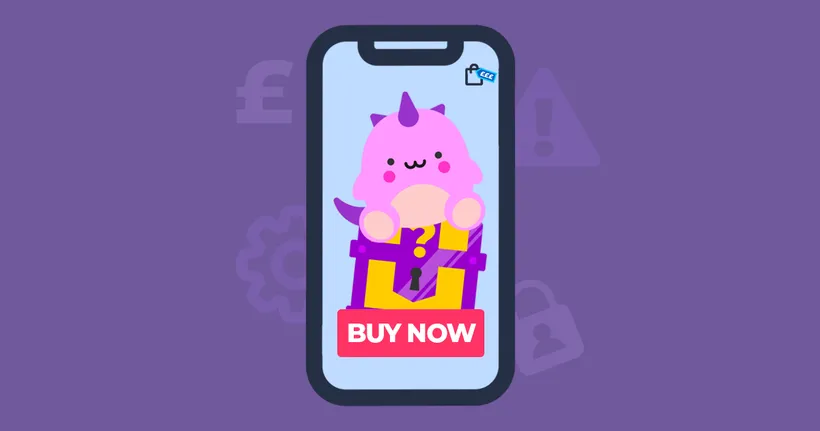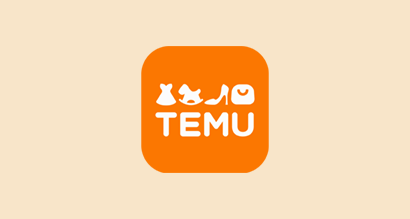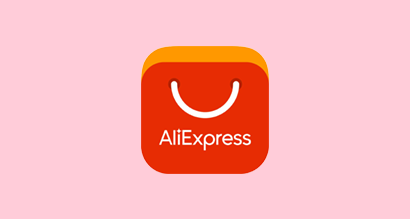Is Wish safe?
Wish doesn’t have clear information on age requirements, which could leave children open to potential harm.
Additionally, there are some reports of user buying items illegal in their country. This could lead to physical harm or legal trouble if a child is able to do this.
Furthermore, some reports claim the items sold on Wish are dangerous. For example, in 2020, Which? reported a range of dangerous items such as smoke alarms, Christmas tree lights and USB chargers.
Lastly, there are many reports of Wish hosting and selling counterfeit goods. Sometimes, items may not even arrive when ordered. When these issues arise, Wish customer service is reportedly slow to respond and take action.





